Taking food consumption seriously helps to adjust our bodies to daily needs. Most people today spend their time sitting while studying or working. Therefore, it is essential to plan nutrition that will support brain activity, strengthen cell membranes, and impact overall well-being even if you don’t practice physical activity. In our article, we’ve collected the ten best products that will boost your brain functioning during test preparation.
1. Citrus
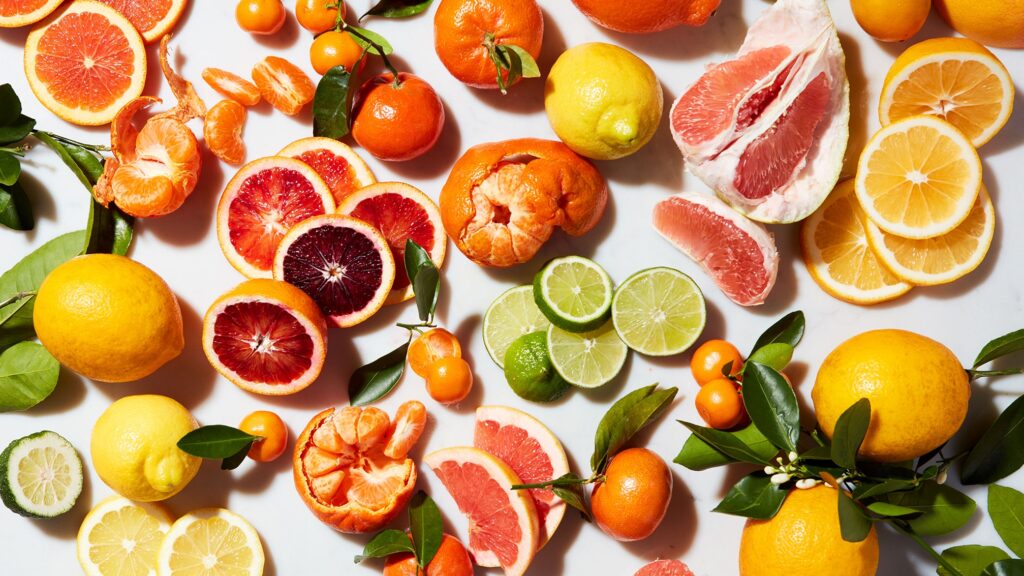
Many students lack valuable micronutrients, and citrus is great to cover them. These fruits are essential when you suffer from depression because such natural components as vitamin C, carbohydrates, folate, potassium, and phytochemicals prevent many psychologically harmful conditions. It impacts concentration and cognitive function, so if you need to write a complex essay in Google Docs (visit this resource to find out all you don’t know about this topic), or research various sources, you can drink orange juice, eat grapefruit, or have a tangerine. Taking citrus before a test will normalize blood pressure and help to increase studying performance.
2. Green vegetables
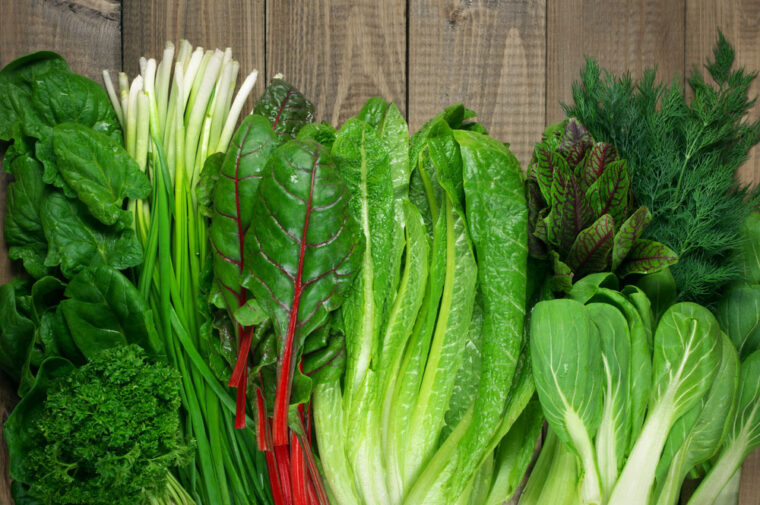
Eating such green products as cucumber, avocado, broccoli, kale, cilantro, or spinach reduces cholesterol levels and stabilizes memory. The advantages of green vegetables are many: they provide vitamin K, vitamin C, and antioxidants, which play a central role in lowering blood sugar. Every green product has a great energy reserve, so it is essential for students to take at least one of them before exams. For example, eating unpeeled cucumber helps to refresh your body, keeps your organs hydrated, and lets you prepare for tests efficiently.
3. Nuts
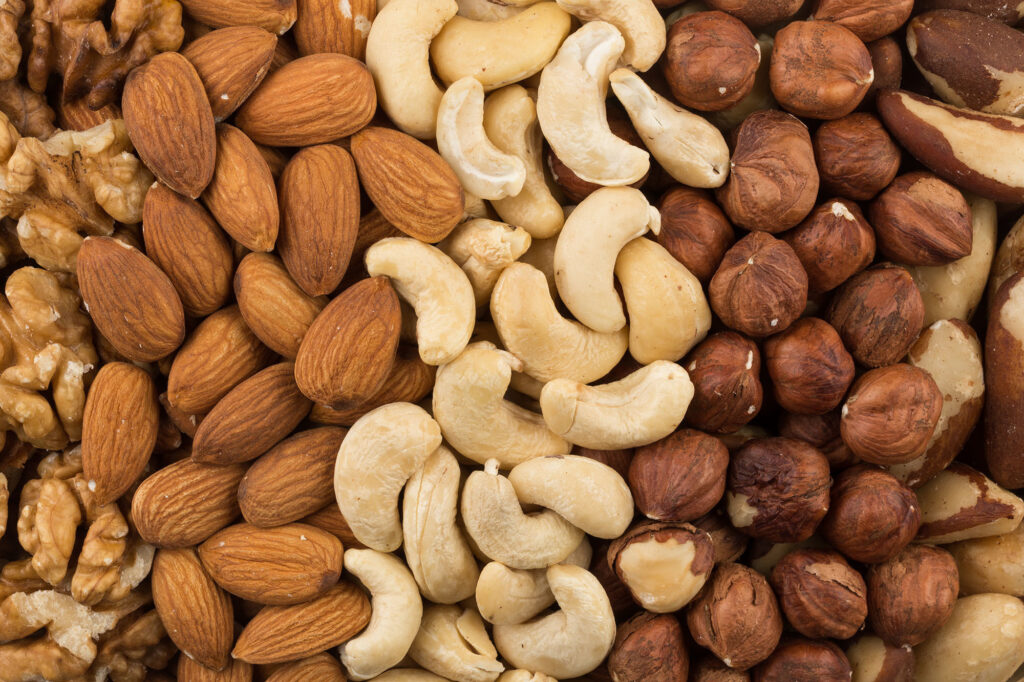
When you want to increase omega-3 fatty acids, you should eat walnuts before a test. Fats improve brain function because the brain consists of 60% of fat, and ½ of that is omega-3 type. Eating nuts can sharpen your memory and run essential healthy processes. Nuts also prevent neurodegenerative diseases and protect cells from free radicals. Getting enough vitamin E helps to enrich your immune system and makes blood flow better. It delivers oxygen to the brain and allows students to perceive information better during classes.
4. Blueberries
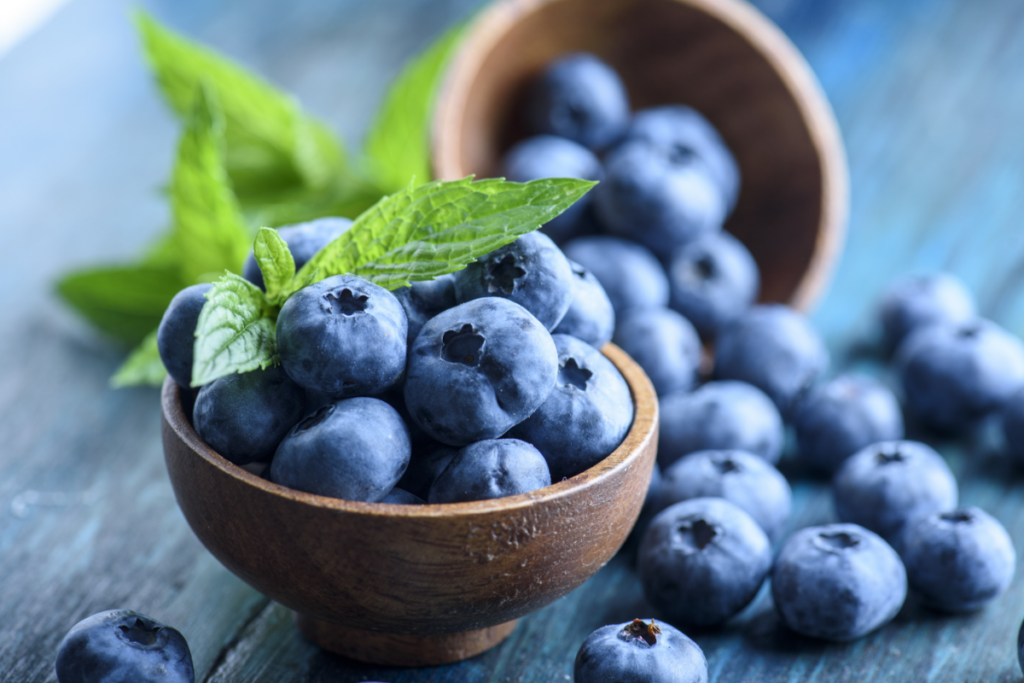
These berries are great for breakfast while adding in cereal or a smoothie. Blueberries provide significant health benefits and particularly impact the brain. As deeply colored berries, they deliver anthocyanins, a group of plant components with antioxidant and anti-inflammatory effects. It helps prevent brain aging and neurodegenerative diseases, so it is crucial for students to intake blueberries. Antioxidants in blueberries improve communication between brain cells and accumulate more robust activity. These berries improve memorization and restrain short-term memory loss.
5. Pumpkin Seeds
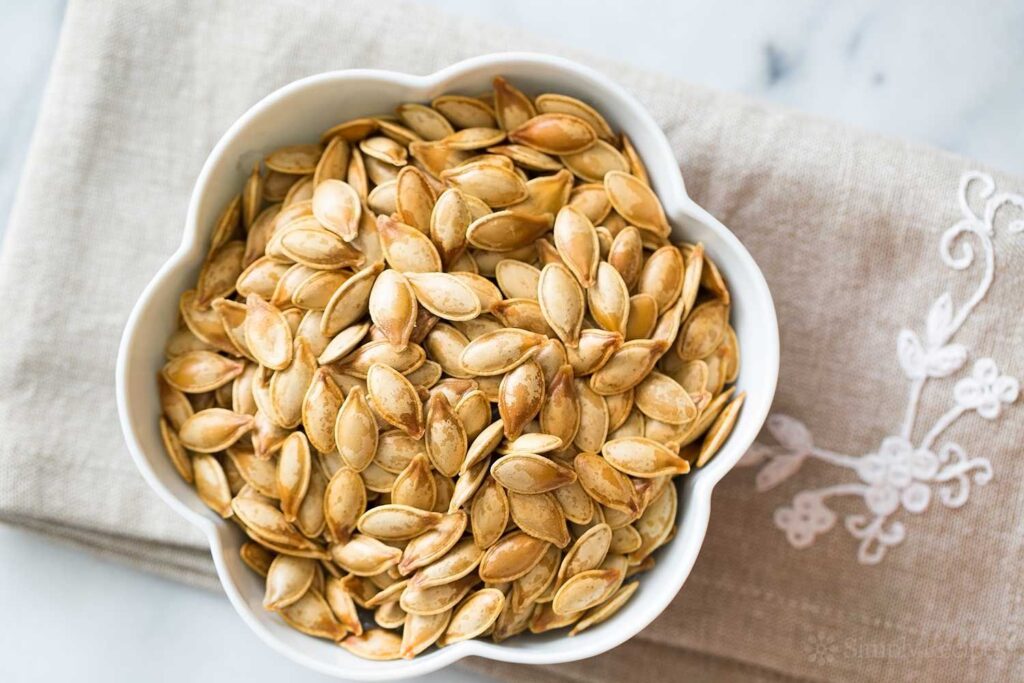
Pumpkin seeds are an irreplaceable source of copper, magnesium, zinc, and iron. They include powerful antioxidants that prevent our health systems from free radical damage. Each of the nutrients in pumpkin seeds is important for brain health. For instance, copper helps with controlling nerve signals. When copper levels are low, there’s a high risk of neurodegenerative disorders, such as Alzheimer’s. Magnesium keeps learning activity on the most elevated levels.
Low magnesium levels connect to many neurological diseases, including memory loss, migraines, epilepsy, and anxiety. Zinc is a crucial element for nerve signaling. Zinc deficiency is connected to many neurological conditions such as depression and Parkinson’s disease. Iron deficiency often brings brain fog and impaired brain function. Pumpkin seeds include many beneficial micronutrients themselves, so you should add them to your menu.
6. Dark chocolate
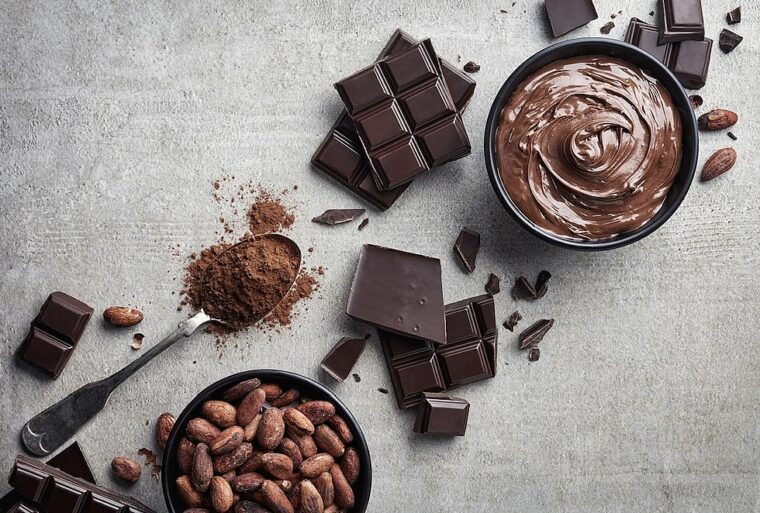
If you want to be more alert and flexible in your classes, you must intake dark chocolate at least once a day. The only small piece helps to increase blood flow, encourage neurons, and reduce memory problems. Due to oxidative stress brain may function slower still, a piece of chocolate with at least 70 percent cacao stimulates blood vessel growth and provide brain plasticity. Basing on scientific research, dark chocolate contains a flavonoid component, essential for keeping memory on the highest level. Smart chocolate consumption saves you from brain diseases and age-related cognitive decline.
7. Coffee
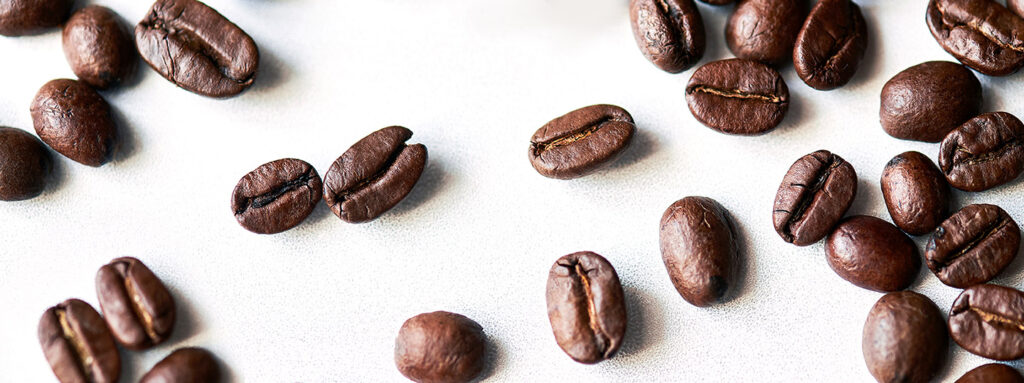
This drink is good not only for being awake but also for concentration. When students drink coffee in the morning, their brain function boosts significantly, impacting memory and focusing. Coffee blocks the adenosine component, which reduces drowsiness and makes a person feel active. Increased brain entropy causes complex brain activity, which helps students to achieve their educational results. If you are that lucky student who adores coffee, your brain can perceive and analyze enormous amounts of information.
8. Whole grains
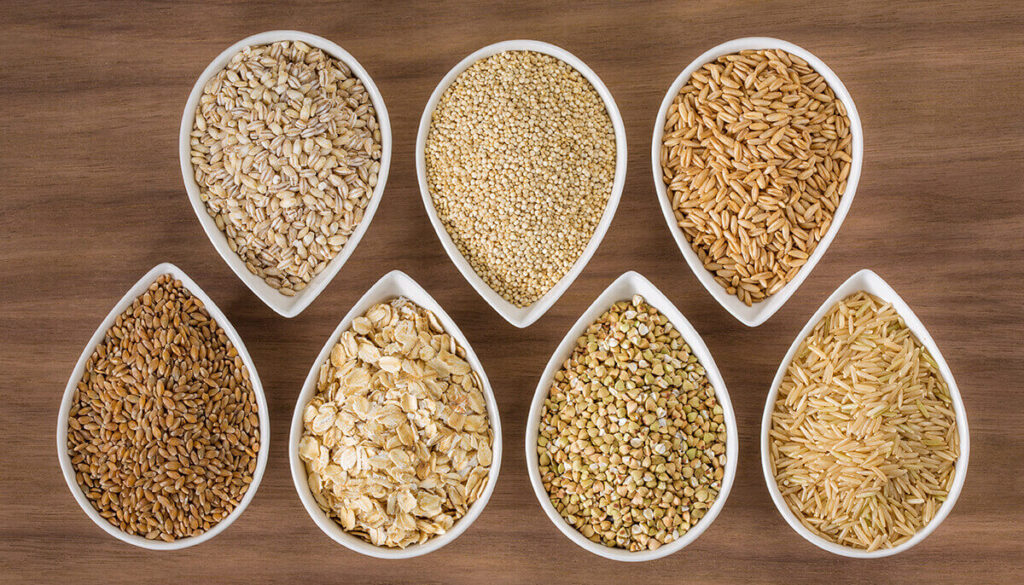
If you want to benefit from the effects of vitamin E, consider eating whole grains. With these grains being a good source of vitamin, students can significantly increase their brain function. You can find whole-grain in such foods as oatmeal, brown rice, bulgur wheat, barley, whole-grain pasta, and whole-grain bread. Don’t underestimate the nutritional elements for your digestive system because it is the most crucial part of our body to perceive vitamins and minerals.
9. Eggs

We know that students love eggs for breakfast, so why not intake them as a portion of effective brain food? They are an irreplaceable source of B vitamins as folic acid, vitamin B-6, and vitamin B-12. B12 is involved in brain chemicals synthesizing and regulates sugar levels in the brain. These vitamins are also great rescuers when need to help with depression. Modern scientists suggest that group-B vitamins may delay cognitive decline and prevent brain shrinkage. Also, it is essential to remember that egg yolks contain choline which is irreplaceable for providing better memory and mental function.
10. Turmeric
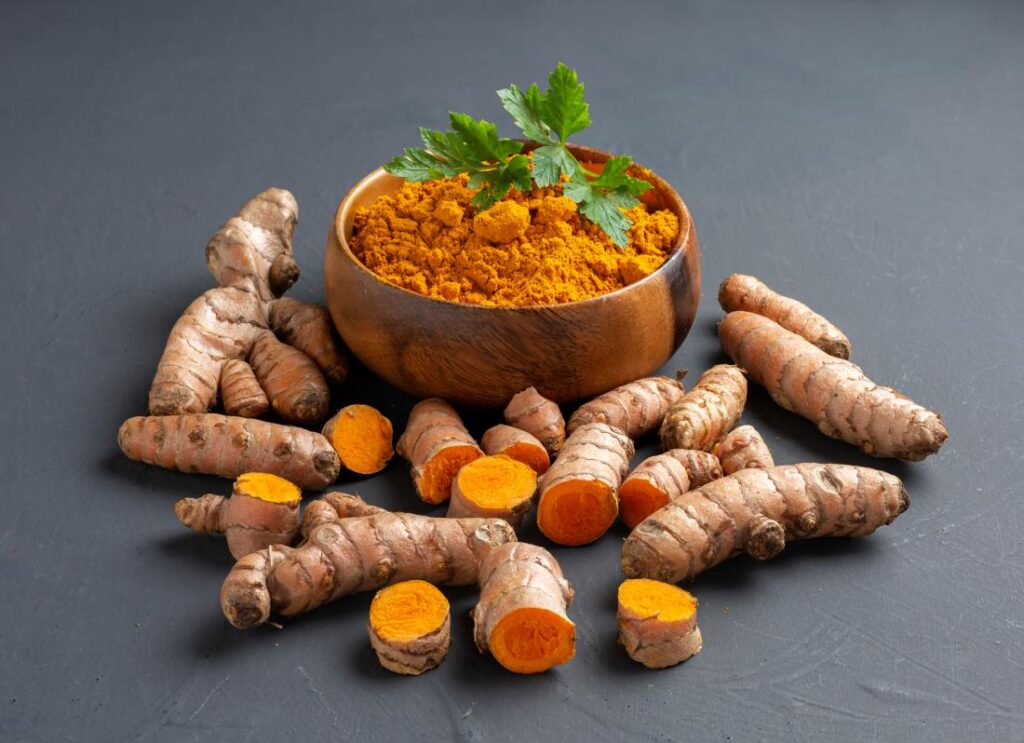
This root, born in India, brings joy and happiness within its key ingredient – curcumin. It has enough elements to impact dopamine and serotonin hormones in the blood to increase mood and help beat depression syndromes. Adding turmeric to your main food develops brain-derived neurotrophic factor, a growth hormone type that allows brain cells to build up. It may delay age-related mental decline so a student can be confident their brain will stay young for a long time. Tumeric with curcumin inside is a robust antioxidant that kills many problematic bacteria with free radicals and viral infections.
Healthy nutrition is a basis for a successful student. These products are essentials for better memory, good mood, and overall well-being. Therefore, a healthy student has more chances to pass the test efficiently. Take these products and see how your results improve, as well as the state of your body and health!
